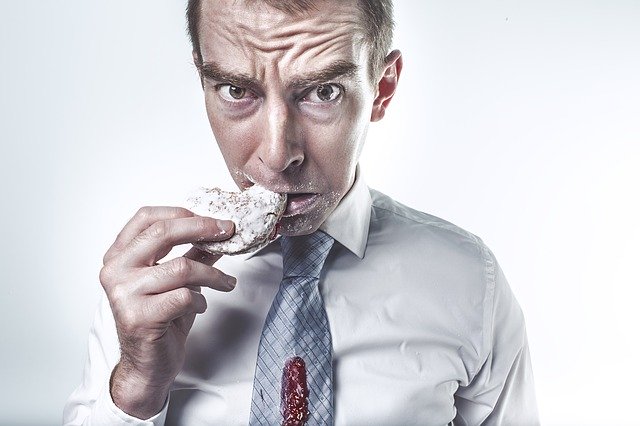Some product manufacturers will include a product liability waiver in their product packaging, which you may be required to sign. Basically, this is a document protecting the manufacturer from any liability that may arise from your use of the product. Once signed, a waiver can affect your eligibility for compensation and will require the expertise of a Union City Personal Injury Attorney.
When Are Product Liability Waivers Used?
You may have signed a liability waiver in the past although you probably didn’t recognize it at the time. Product liability waivers can be as short as one to two paragraphs and may look nothing like a contract, even though they technically are. Essentially, product manufacturers use waivers to limit their liability for damages should their product cause you injury.
When you sign a product liability waiver, you assume the risk of injury in order to use a product, engage in an activity, or use certain facilities. Some places you may have seen these documents include when signing for the following:
- Sky diving
- Bungee jumping
- Motorsport races and NASCAR
- Vehicle and boat rentals
- Equipment and tool rentals
You will notice that most of these organizations carry a certain amount of risk. For instance, NASCAR races can expose you to the danger of a car accident, especially if you have little or no experience. While these waivers seek to protect the organization, they can prevent you from filing an injury claim.
Factors that Determine the Effectiveness of a Product Liability Waiver
The power of product liability waivers lies in the wording. A waiver can be deemed invalid for simply leaving out specific phrases or using the wrong wording. Generally, this means that you may still be eligible for compensation even if you signed a waiver, depending on the following:
- The language – A slightly unclear or ambiguous waiver can easily lose its validity and be dismissed by the court.
- Location of the critical language – If the language is hidden in another clause meant for a different purpose, the court may deny the waiver’s enforceability.
- State laws – If state laws do not allow product liability waivers to be enforced, the contract will not be considered even if it is well-worded.
- Cause of the accident – Even an enforceable waiver cannot protect an organization or manufacturer from liability for an accident caused by gross negligence, an intentional act, or strict liability.
Product Liability Waiver and Negligence
Product liability waivers don’t typically protect a manufacturer from liability, especially if the consumer hasn’t bargained for losing their warranty rights by signing the contract. However, a written and signed waiver may be considered valid and could prevent you from filing a claim.
That said, liability waivers do not cover all scenarios such as when the manufacturer purposely causes the consumer injury. Simply put, you could still be eligible for compensation if the product manufacturer acted out of gross negligence or malice.
Talk to a Union City Personal Injury Attorney
If you have signed a product liability waiver, you shouldn’t automatically assume that you are ineligible for compensation. Have an experienced Union City Personal Injury Attorney like Attorney Anthony Carbone go through the waiver and educate you on your rights.
If you have been injured by a defective product, contact the Law Offices of Anthony Carbone today 201-733-2230 to set up a free consultation.
